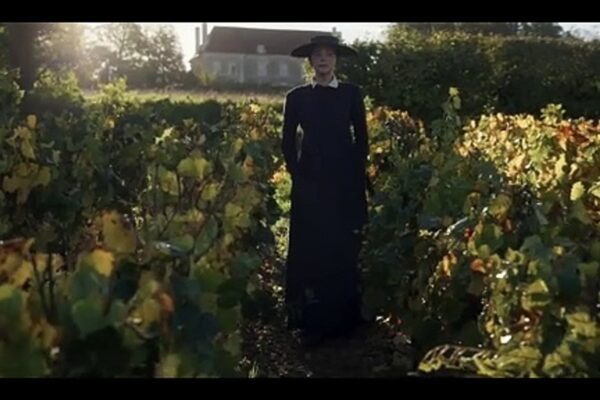
Deadpool & Wolverine: Give the People What They Came For
Never fear. ‘Marvel Jesus’ is here. After 6 years, a WGA strike and the battle over legal issues, Deadpool has risen from the grave with the intent of saving the MCU from itself. (“I am Marvel Jesus,” he suggests.) A lot has changed for the franchise since the release of the original film. When Deadpool was unleashed in 2016,…







